Is It Bad To Switch From Synthetic To Conventional Oil

Imagine the open road, sun glinting off your car's hood as you cruise towards the horizon. The engine purrs contentedly, a testament to the care you’ve poured into maintaining your trusty vehicle. But a nagging question lingers: have you always been giving it the *best* care? Specifically, the right kind of oil?
The debate between synthetic and conventional oil has been a long and sometimes confusing one for car owners. Is switching back to conventional oil from synthetic a automotive faux pas, or is it a perfectly acceptable and even economical decision? Understanding the nuances of this choice is crucial for ensuring your car's longevity and performance.
The Heart of the Matter: Understanding the Oil's Role
Motor oil's primary job is to lubricate the engine's moving parts, reducing friction and preventing wear and tear. It also helps to cool the engine, carry away debris, and protect against corrosion. The quality of the oil directly impacts how well it performs these tasks.
Conventional oil, derived directly from crude oil, has been the standard for decades. It’s a reliable lubricant and provides adequate protection for many engines. However, it's generally considered to be less refined and contains more impurities than its synthetic counterpart.
Synthetic oil, on the other hand, is engineered in a laboratory using highly refined base oils and advanced additives. This process results in a lubricant with superior properties, including better resistance to breakdown at high temperatures, improved cold-weather flow, and enhanced protection against sludge and deposit formation. This can translate to better engine performance and longer intervals between oil changes.
The Synthetic Revolution: Why the Shift?
The rise of synthetic oil can be attributed to several factors. Modern engines are often designed to run hotter and with tighter tolerances, demanding lubricants that can withstand more extreme conditions. Also, stricter fuel economy standards have pushed manufacturers to recommend synthetic oils, which can reduce friction and improve efficiency.
Many vehicles now come factory-filled with synthetic oil, setting the stage for owners to continue using it throughout the car's life. However, the higher cost of synthetic oil can lead some to consider switching back to conventional oil at some point.
The Big Question: Is Switching Safe?
The short answer is: generally, yes. Switching from synthetic to conventional oil is not inherently harmful to your engine, provided the conventional oil meets the manufacturer's specifications for your vehicle. This includes the correct viscosity grade and API (American Petroleum Institute) service rating.
Important Considerations:
1. Manufacturer's Recommendations: Always consult your owner's manual. If the manufacturer specifically recommends or requires synthetic oil, sticking with it is generally the best course of action, especially if the vehicle is still under warranty. Some high-performance engines are designed to operate optimally with synthetic oil, and deviating from this recommendation could potentially affect performance or longevity.
2. Engine Condition: If your engine is older or has high mileage, switching to conventional oil might be more acceptable. However, be aware that an older engine may already have some sludge or deposits built up. Synthetic oil's superior cleaning properties can sometimes dislodge these deposits, potentially leading to leaks or other issues. A high-mileage oil, whether synthetic or conventional, is often a good choice for older engines, as it contains additives designed to address the specific needs of these engines.
3. Driving Habits: If you primarily drive in stop-and-go traffic or engage in frequent short trips, your engine is subjected to more stress. Synthetic oil's superior protection in these conditions might make it a worthwhile investment. If you primarily drive on the highway at moderate speeds, conventional oil may be sufficient.
4. Oil Change Intervals: Synthetic oils typically allow for longer oil change intervals than conventional oils. If you switch to conventional oil, you'll need to shorten your oil change intervals to match the recommendations for that type of oil. Neglecting to do so could lead to increased engine wear.
Potential Downsides to Switching
While switching isn't inherently damaging, there are potential drawbacks to consider. Conventional oil generally doesn't offer the same level of protection as synthetic oil, especially under extreme conditions. This could lead to increased engine wear over time.
Also, switching back and forth between synthetic and conventional oil isn't recommended. Each type of oil has a different additive package, and repeatedly mixing them can potentially reduce their effectiveness.
Expert Opinions and Real-World Experiences
Many mechanics and automotive experts have weighed in on this debate. The general consensus is that switching to conventional oil is acceptable in many cases, but it's crucial to understand the potential implications and to carefully consider your vehicle's specific needs.
According to the American Automobile Association (AAA), "synthetic oil offers better wear protection, better resistance to sludge buildup, and better performance in extreme temperatures than conventional oil." However, they also acknowledge that conventional oil can provide adequate protection for many vehicles, especially those driven under normal conditions.
Many car owners who have switched to conventional oil report no noticeable difference in engine performance. However, some have reported increased oil consumption or a slight decrease in fuel economy. These experiences highlight the importance of monitoring your engine closely after switching to conventional oil.
Making the Informed Choice
Ultimately, the decision of whether or not to switch from synthetic to conventional oil is a personal one. It depends on a variety of factors, including your vehicle's make and model, your driving habits, and your budget.
By carefully considering these factors and weighing the potential pros and cons, you can make an informed decision that is right for you and your car.
Remember to always prioritize regular oil changes with the correct type and viscosity of oil, regardless of whether you choose synthetic or conventional. Proper maintenance is the key to ensuring the longevity and performance of your engine. And a well-maintained engine translates to countless more sunsets witnessed from behind the wheel, more roads conquered, and more memories made on the open road.
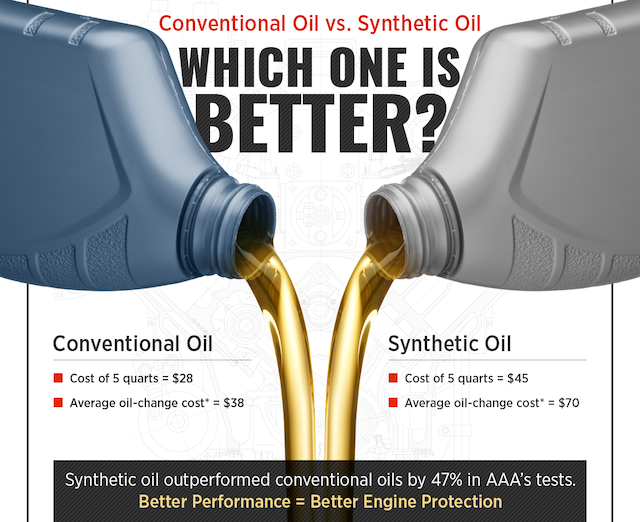


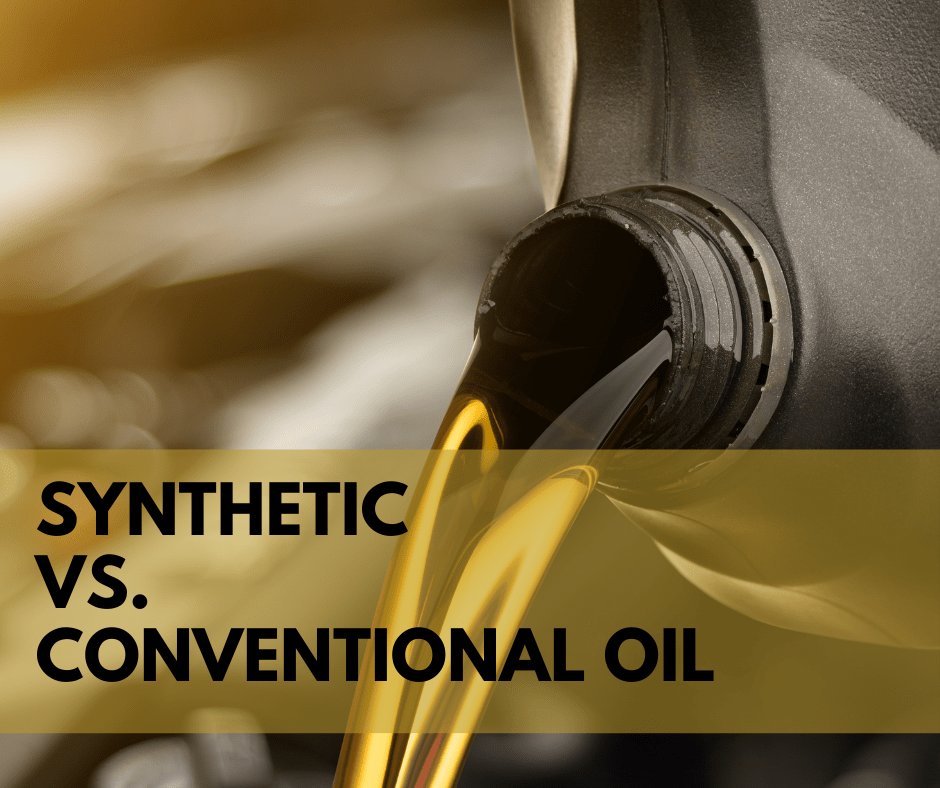

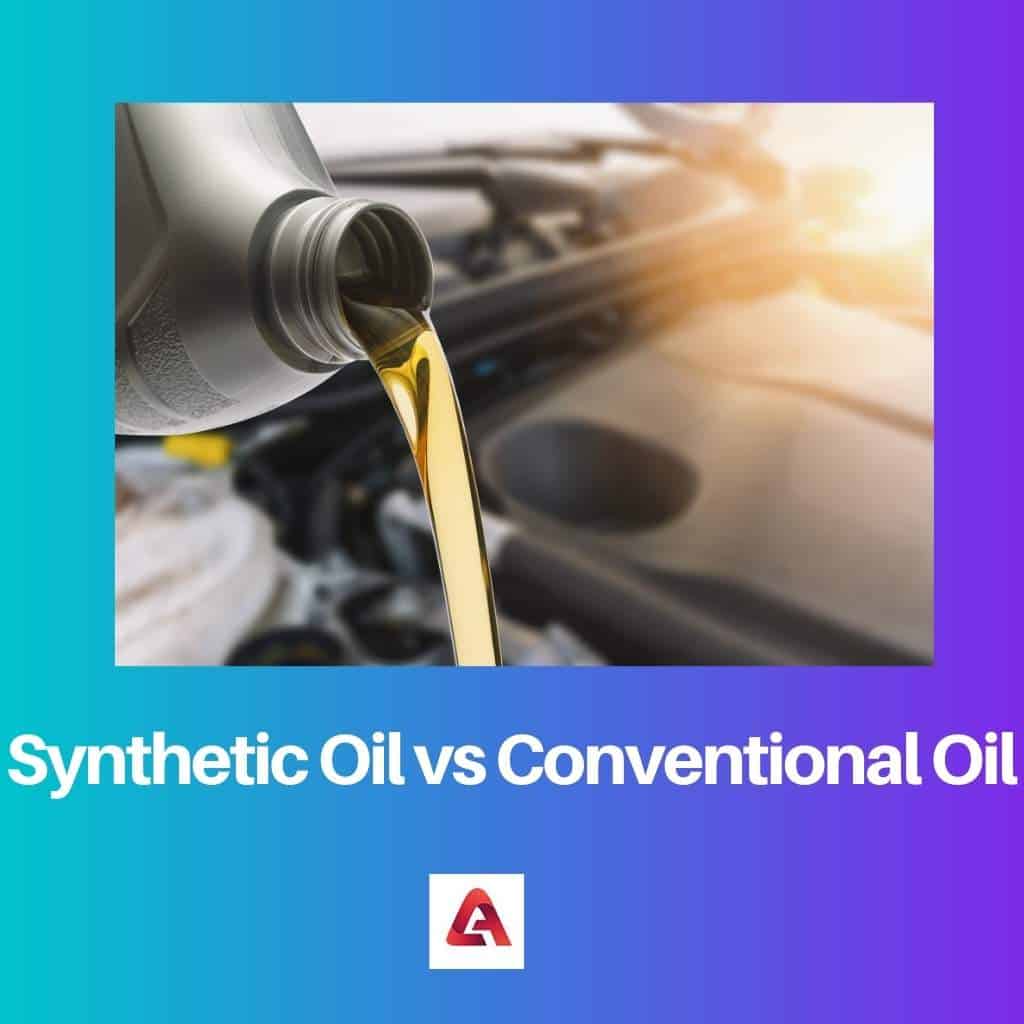
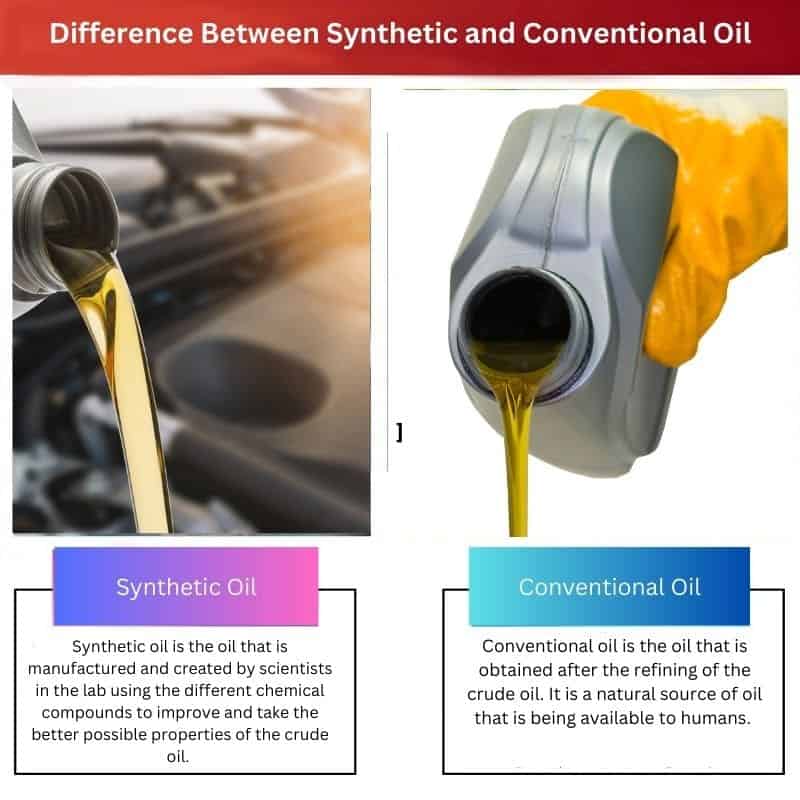


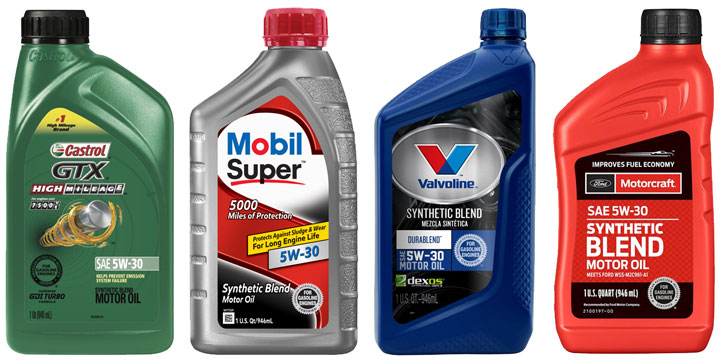

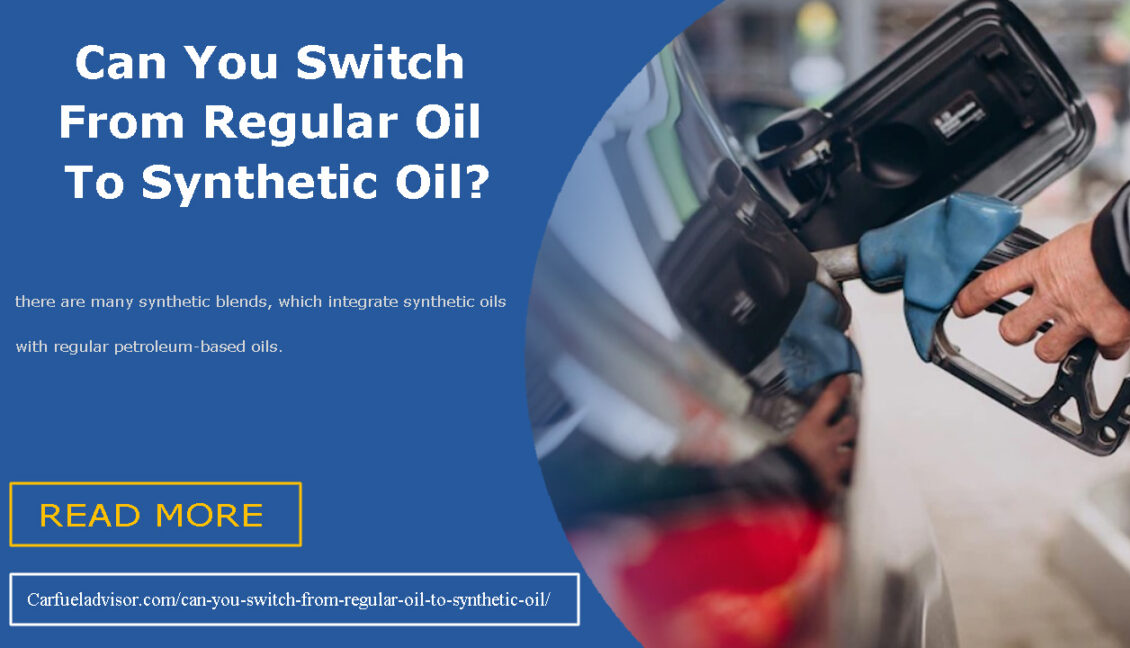

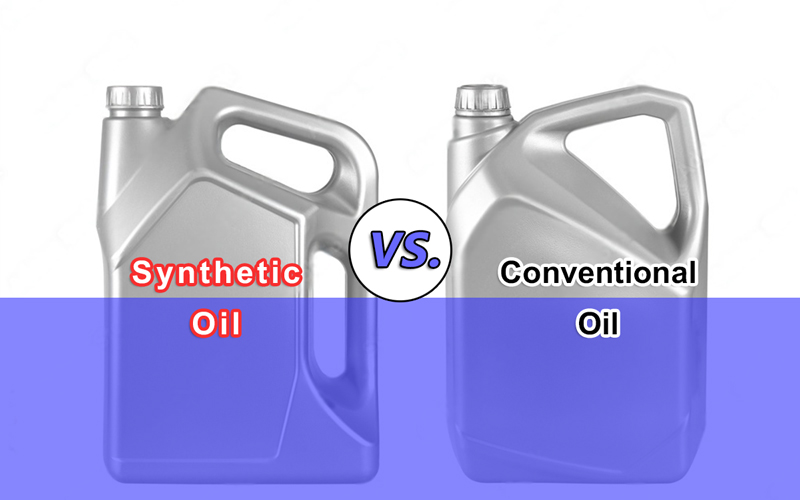
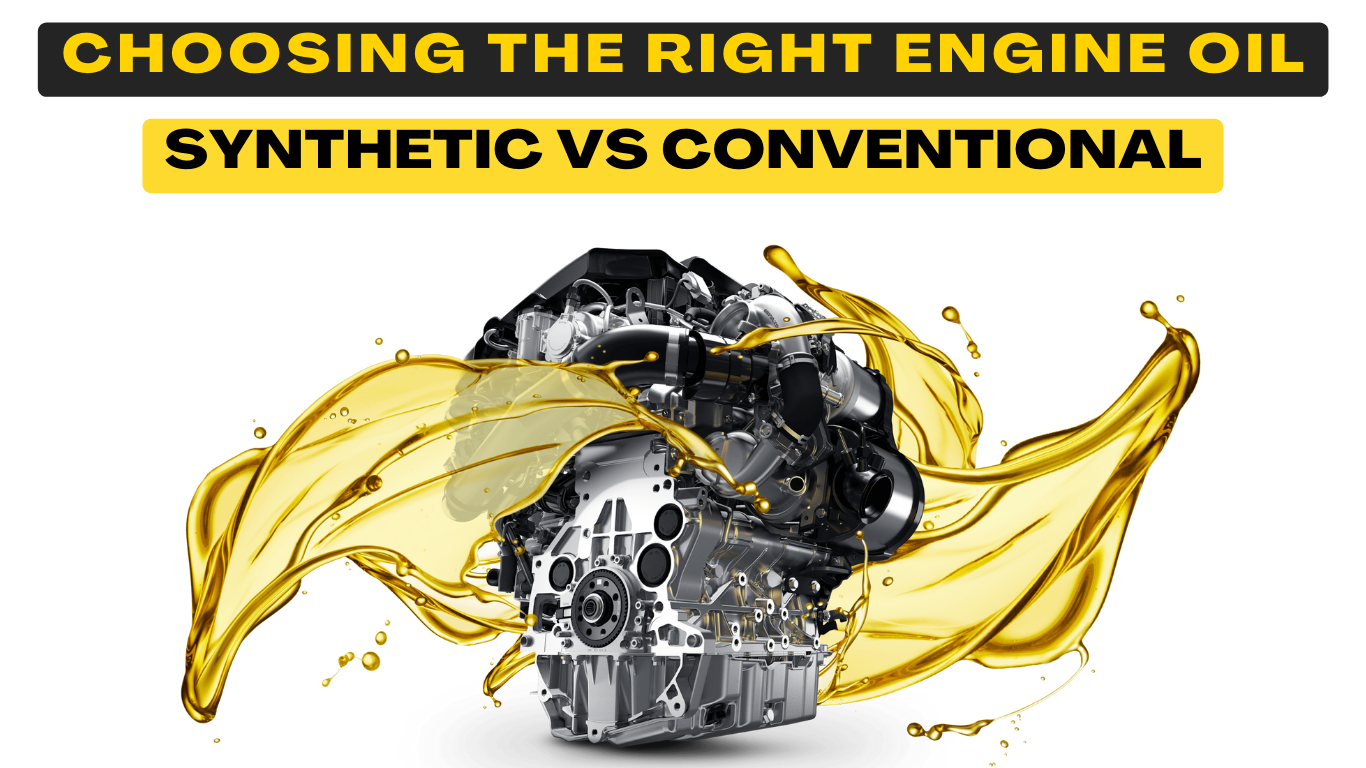
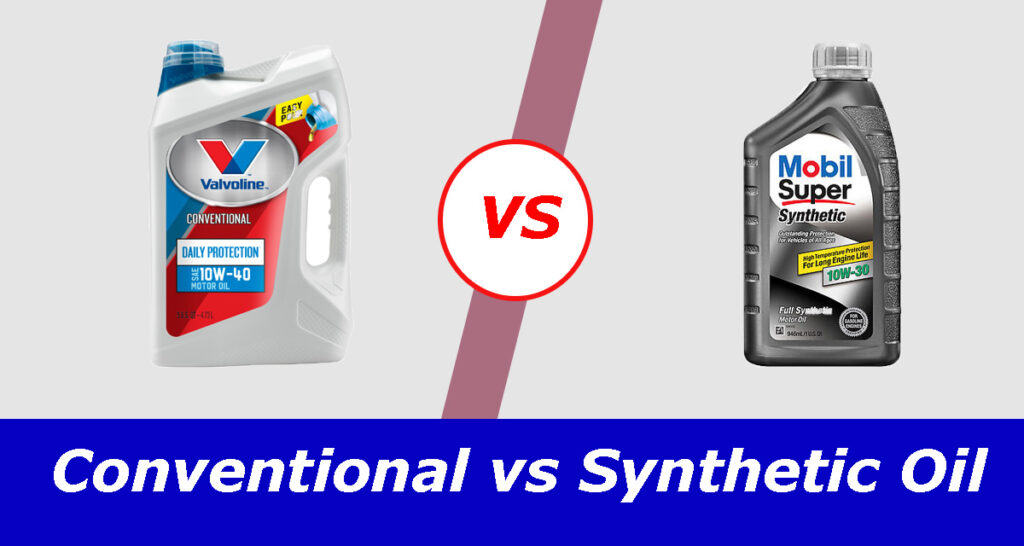
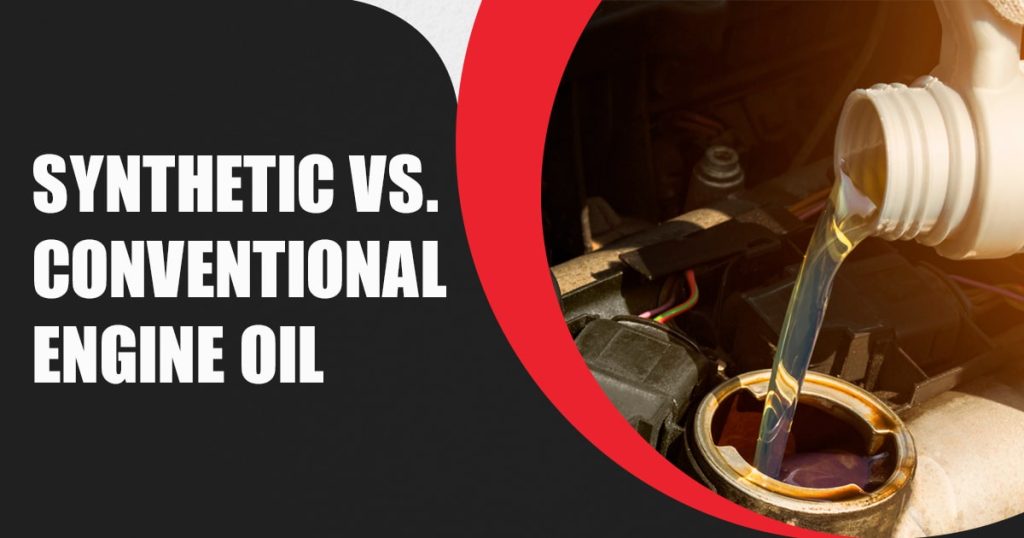
![Is It Bad To Switch From Synthetic To Conventional Oil Synthetic Vs Conventional Oil: Which Is Best For You? [2025]](https://toolminer.com/wp-content/uploads/2021/04/Difference-Between-Synthetic-And-Conventional-Oil-768x416.jpg)
